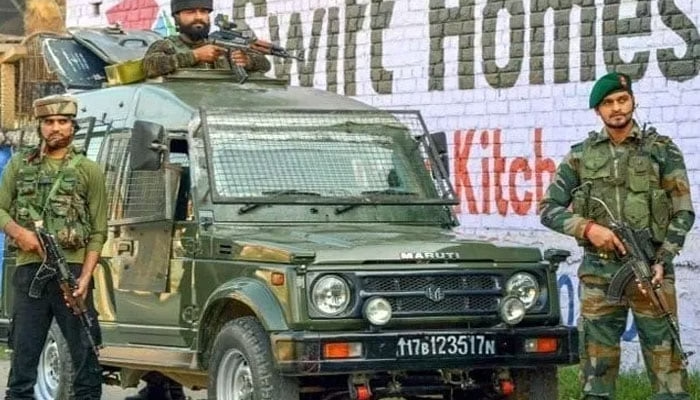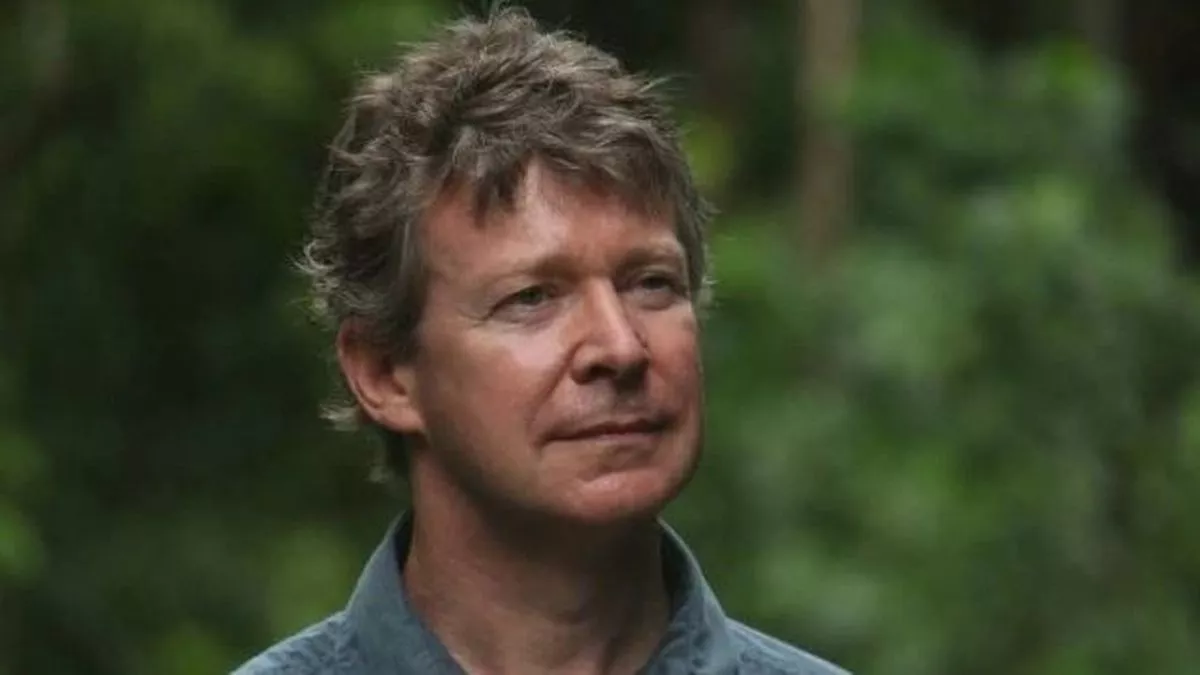Tensions continue to escalate in occupied Kashmir as Indian security forces intensify their crackdown following the deadly Pahalgam attack that left 26 people dead. On Friday, Indian forces blew up the homes of two Kashmiris they allege were connected to the group behind the attack, deepening fears among local residents of further violence and reprisals.
Homes Destroyed as Crackdown Intensifies
In a dramatic show of force, Indian troops destroyed the homes of two men believed to be linked to the Pahalgam attack. Eyewitnesses reported hearing loud explosions and seeing thick plumes of smoke rising from the rubble. Residents expressed fear and anger over what they described as collective punishment against families, with several questioning the legality of demolishing homes without a court order.
Indian authorities, however, defended their actions, claiming the demolitions were necessary to dismantle the infrastructure supporting militant operations in the region.
Hunt for Pahalgam Attackers Underway
The search for those responsible for the Pahalgam killings remains the top priority for Indian security forces. Officials have launched extensive operations across the region, setting up checkpoints, conducting house-to-house searches, and detaining dozens of people for questioning.
According to Indian officials, those behind the Pahalgam attack are alleged members of Lashkar-e-Taiba (LeT), a group designated as a terrorist organization by the United Nations. Authorities argue that destroying homes and arresting suspected sympathizers is part of a broader effort to root out militant networks operating within occupied Kashmir.
Indian forces have released wanted posters featuring sketches of three individuals they believe are directly linked to the attack:
- Adil Hussain Thokar
- Ali Bhai
- Hashim Musa
All three are said to be Indian nationals. In addition, security forces are searching for another Indian national, Asif Sheikh, whom they believe may have played a supporting role in planning or executing the attack.
Rising Tensions in an Already Volatile Region
The situation in occupied Kashmir was already tense before the Pahalgam incident, but the recent events have fueled further unrest. Local communities are living under heightened security measures, with fears growing that more demolitions, arbitrary detentions, and armed clashes are imminent.
Human rights groups have criticized India’s aggressive tactics, arguing that the destruction of civilian homes without judicial oversight violates international law and amounts to collective punishment — a practice prohibited under the Geneva Conventions.
“This is not just about targeting suspects; it’s about instilling fear in an entire population,” said a human rights advocate speaking anonymously due to security concerns.
Background: The Pahalgam Attack
The Pahalgam attack shocked the region, with gunmen targeting civilians and security personnel in one of the deadliest assaults in recent years. No group has officially claimed responsibility yet, but Indian authorities were quick to blame Lashkar-e-Taiba, citing intelligence reports and intercepted communications.
Pahalgam, known for its scenic beauty and tourism, has seen a sharp decline in visitors following the attack, dealing a fresh blow to the local economy already battered by years of conflict and political instability.
Political Fallout and International Reaction
The recent crackdown has reignited debates both within India and internationally over the ongoing conflict in Kashmir. Critics accuse the Indian government of using heavy-handed tactics that risk alienating the local population further and fueling cycles of violence.
Neighboring Pakistan has also condemned the demolitions, calling them grave human rights violations and urging the international community to hold India accountable for its actions in Kashmir.
Meanwhile, Indian officials maintain that their approach is necessary to ensure national security and protect civilians from future attacks.
What Lies Ahead
With the situation in occupied Kashmir growing increasingly unstable, many fear that the cycle of violence and retaliation will only continue. The hunt for the Pahalgam attackers is expected to intensify in the coming days, potentially leading to more demolitions, arrests, and clashes between residents and security forces.
For many Kashmiris, the destruction of homes symbolizes the broader struggle they face — a fight not just for political rights, but for basic human dignity and the right to live without fear.
As the world watches closely, the coming weeks will be crucial in determining whether Kashmir sees a path toward peace — or descends even deeper into unrest.



